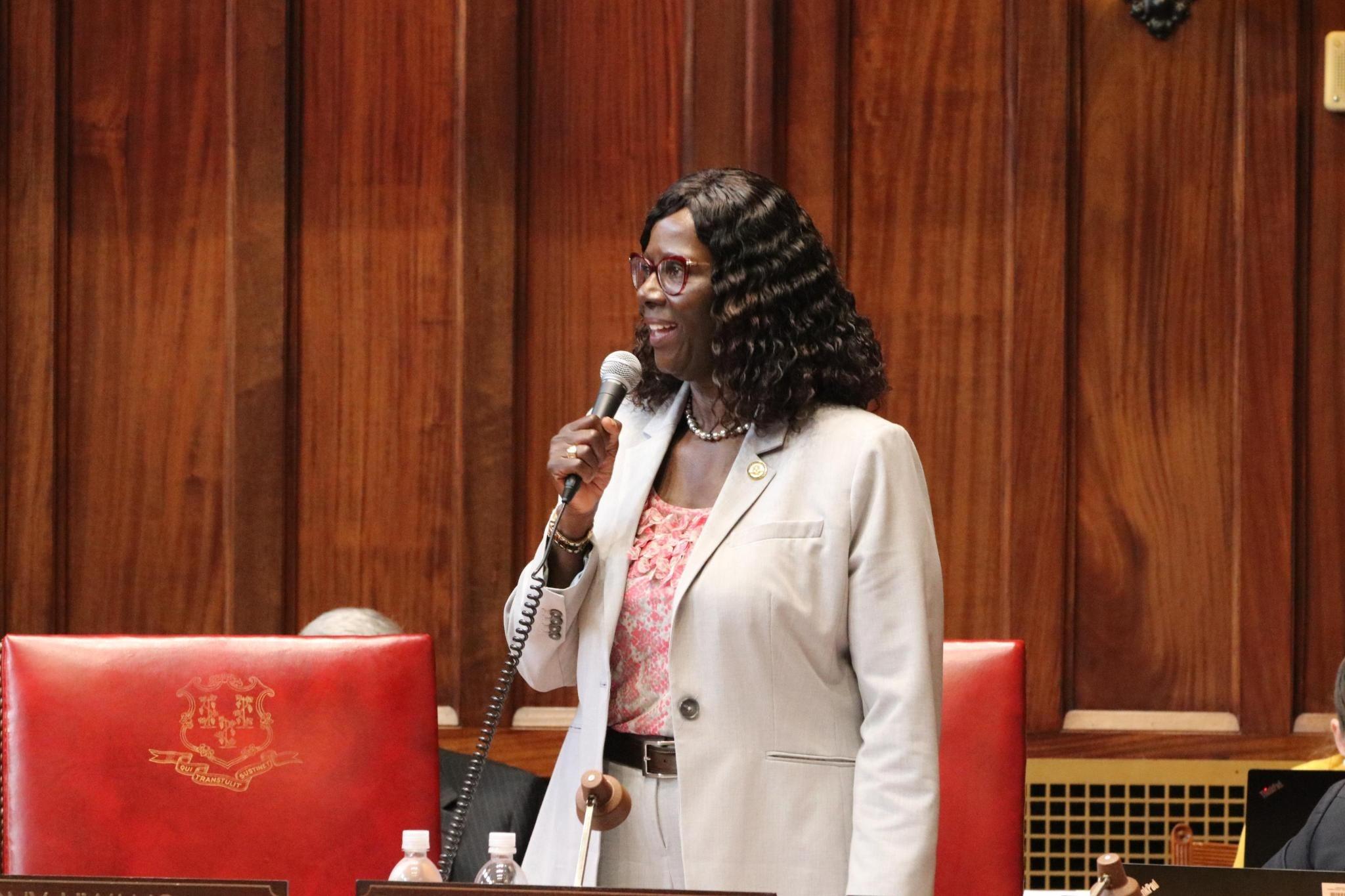Economic Protections for Domestic Violence Victims Passes Senate

On Wednesday the Senate voted 35-1 to protect survivors of domestic violence by prohibiting coerced debt, a form of economic abuse, in which an offender makes another person liable for indebtedness as a means of control.
Senate Bill 123, An Act Concerning Coerced Debt, originated in the Banking Committee and now, after passing the state Senate, will now head to the House for consideration during the final two weeks of this year’s legislative session. Chair and Vice Chair of the Banking Committee, State Senators Pat Billie Miller and Christine Cohen wrote and led the passage of this legislation.
“No one should be bound by financial ties deliberately intended to entangle them in an abusive relationship. This form of abuse is disproportionately directed at women and SB 123 takes important steps to ensure that victims can reclaim their financial autonomy.”
The bill defines coerced debt as debt in the name of a domestic violence victim, incurred by force. Financial abuse often leaves a survivor with affected credit, which creates a substantial barrier to housing, employment, and educational opportunities, making it even more difficult to leave an abusive situation.
Democrats in the Connecticut General Assembly have long been advocates for survivors of domestic violence. In 2021 they led the passage of ‘Jennifer’s Law’ – strengthening protections for domestic violence survivors and including ‘coercive control’ in the definition of domestic violence. This session, Connecticut continues to build upon these protections, and this bill will serve as a complement to existing law and relief mechanisms for identity theft
Specifically, the proposal provides victims with a legal means to establish that their debt is coerced and ask a court to relieve them of their financial obligation to pay it. Claimants like debt collectors could then seek to hold abusers accountable for any unpaid debt.
Coerced debt often includes tactics like forcing a partner to open a credit card or overspend using an existing card. An abusive partner may also coerce a victim into borrowing money to pay for a product or service and then deny them access to their purchases. This can include products like vehicles or services like utility payments.
“Domestic violence takes on many shapes and sizes, and the psychological, physical and financial effects linger with the survivor for a very long time. Financial abuse often leaves a survivor with affected credit, which creates a substantial barrier to housing, employment and more, making it even more difficult to leave an abusive situation,” said State Senator Christine Cohen. “Connecticut continues to build upon protections for survivors, and this will serve as a complement to existing law and relief mechanisms for identity theft. I am personally very proud of our work here, as coerced debt is something that has affected someone very near and dear to me, and I hope that no other Connecticut resident will have to endure this.”
Economic abuse is often reported by domestic violence survivors, according to the members organizations with the Connecticut Coalition Against Domestic Violence. For instance, 90% of the survivors served by the Susan B Anthony Project in Torrington have experienced some type of economic abuse with between 65% and 75% reporting types of coerced debt.
Connecticut joins the states of New York and North Carolina in considering policies to prevent this abusive behavior and these bills follow similar laws adopted in California and Minnesota.
